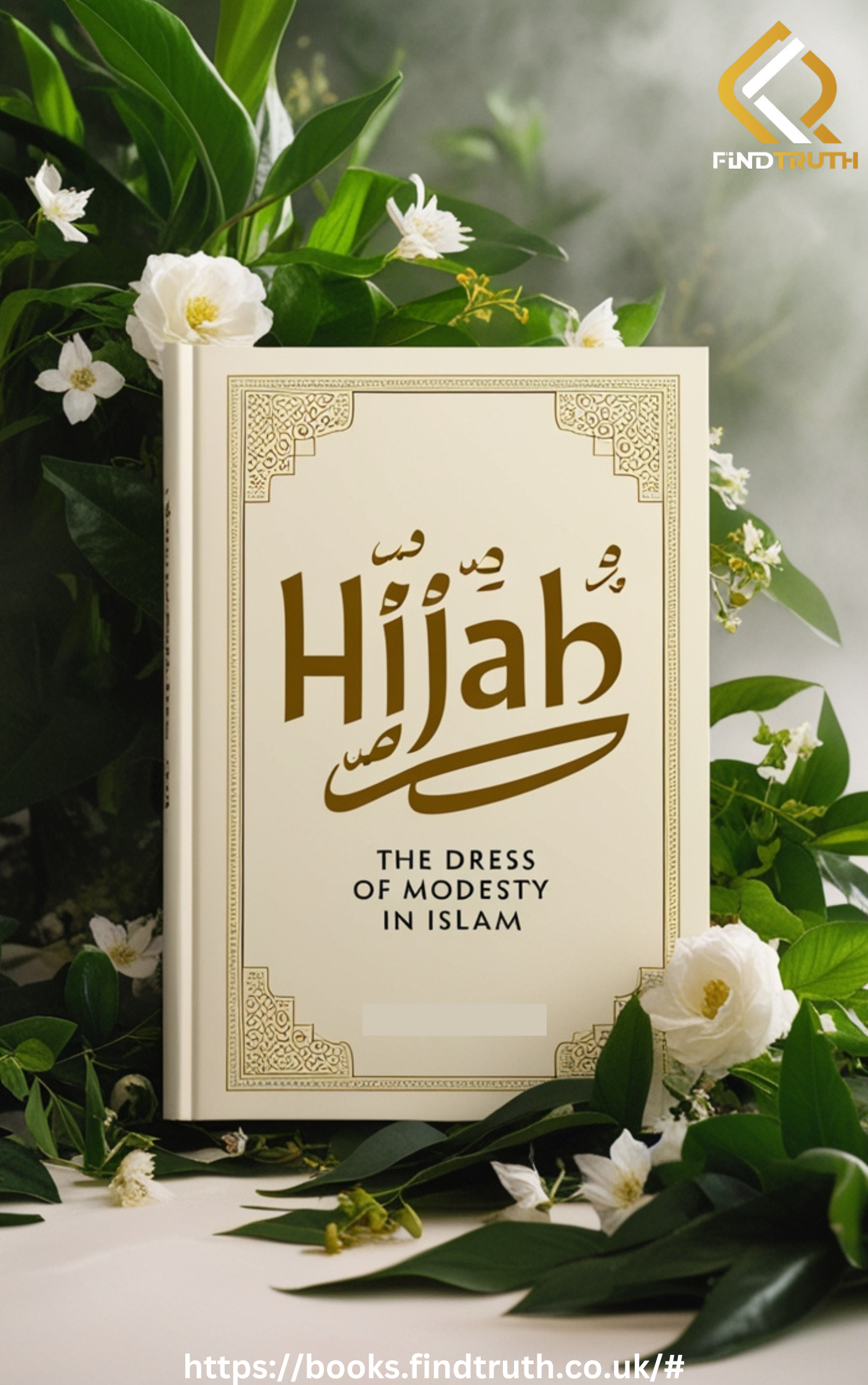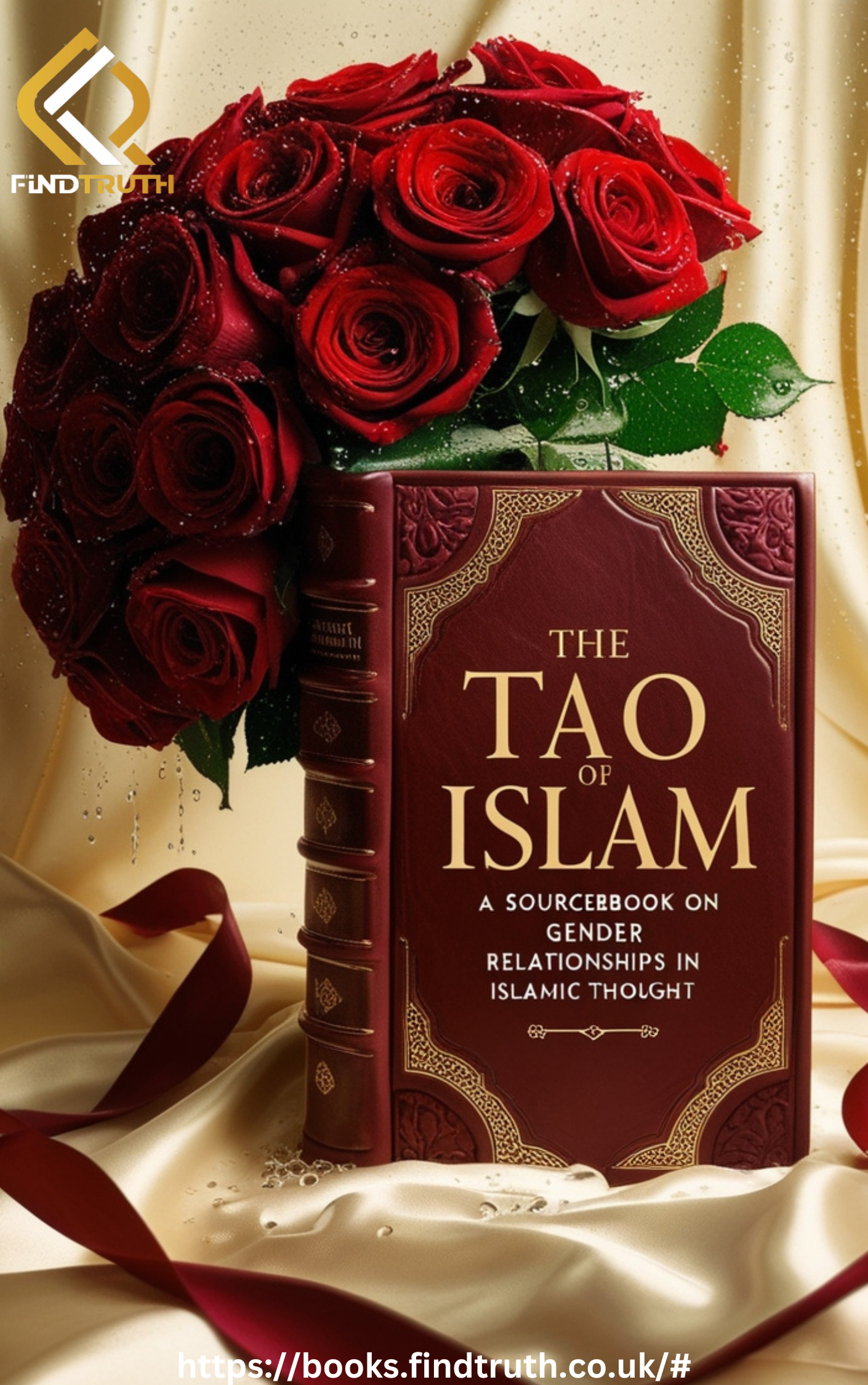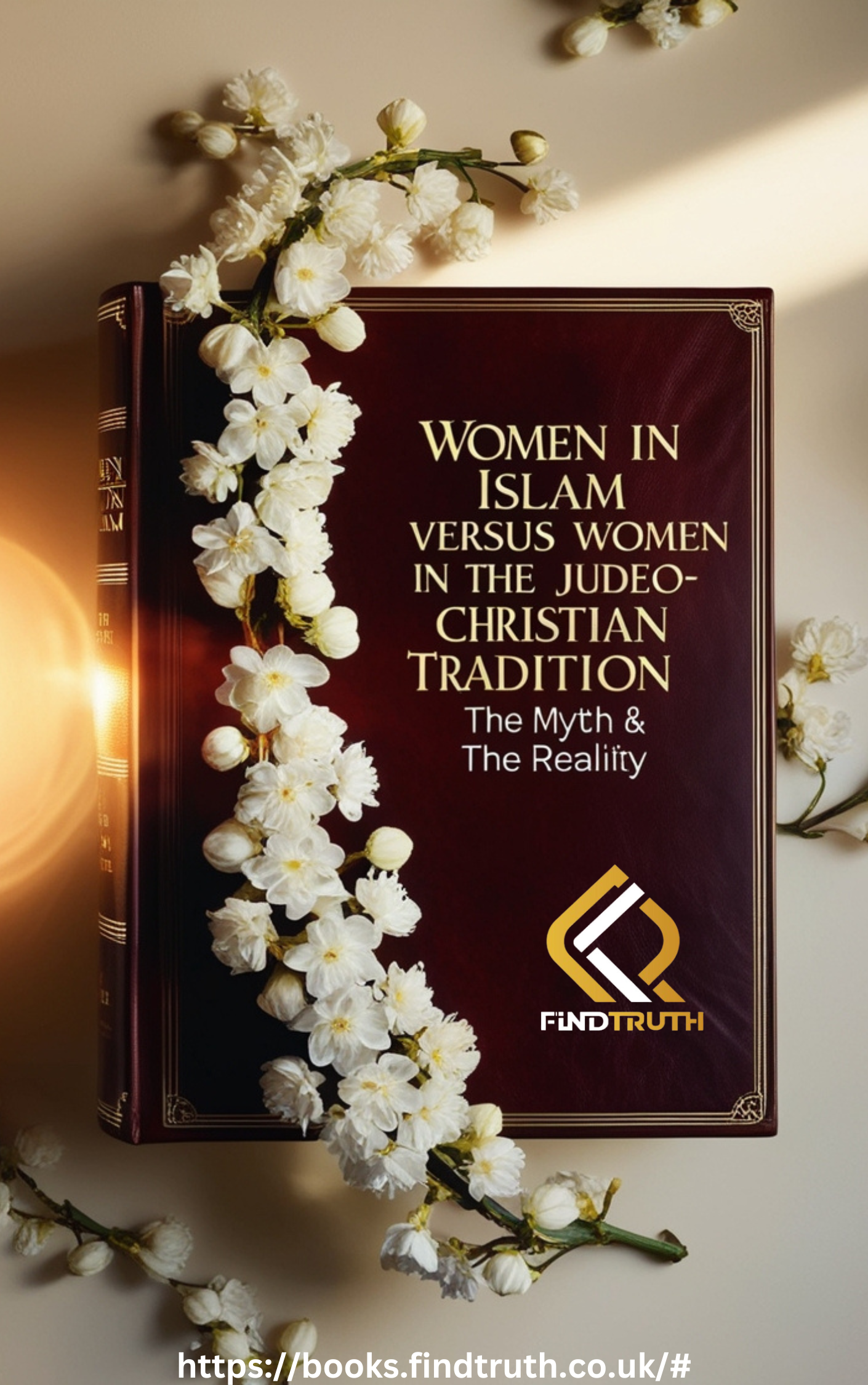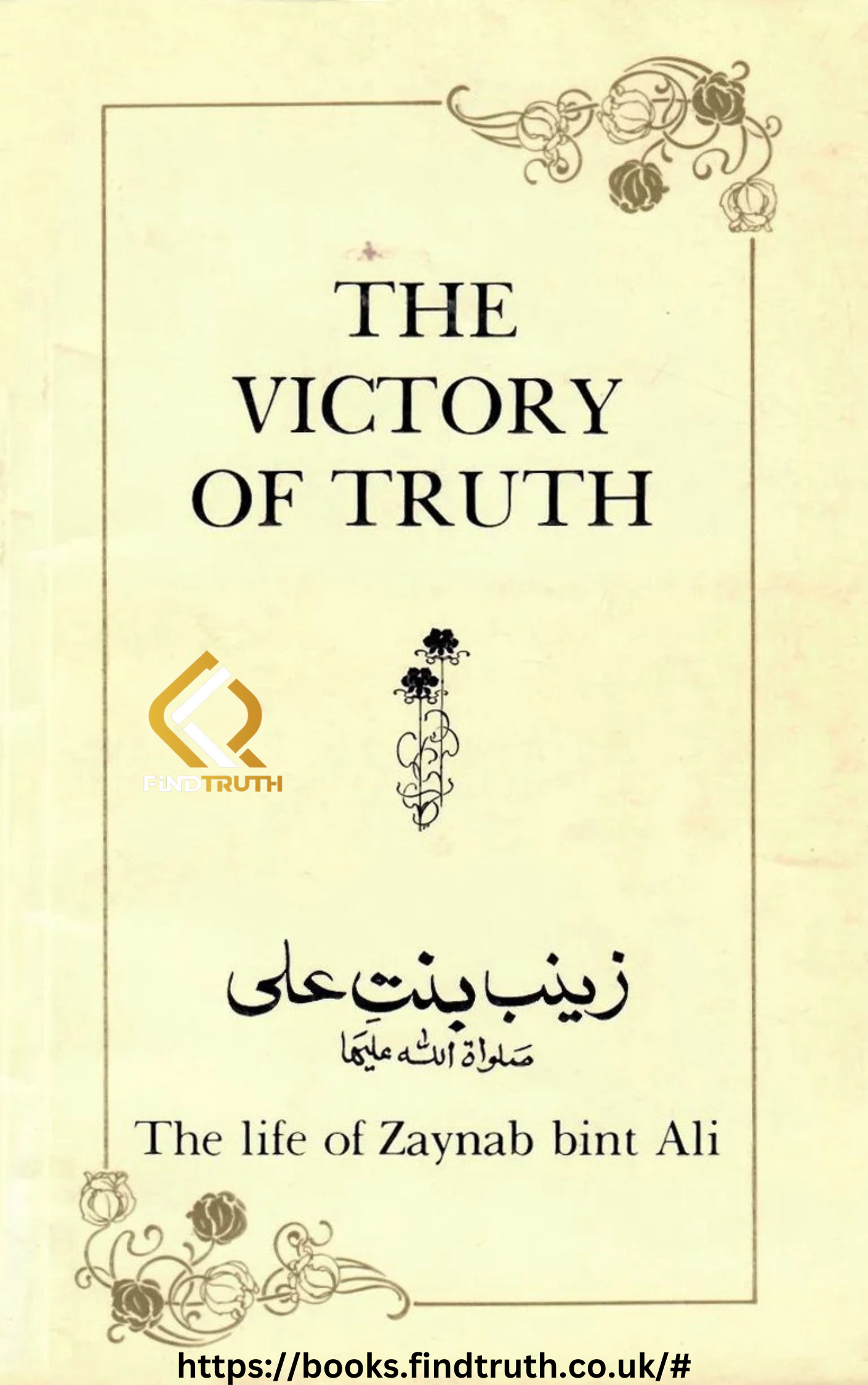10th Ramadan - The Demise Of Lady Khadija-Tul-Kubra (Sa)
10th Ramadan - The Demise of Lady Khadija-Tul-Kubra (SA) commemorates the passing of Lady Khadija (SA), the first wife of Prophet Muhammad (PBUH) and a pillar of support during the early years of Islam. This book provides a detailed account of Lady Khadija’s life, highlighting her unwavering faith, sacrifices, and significant contributions to the early Muslim community. It explores her role as a supportive spouse, a compassionate mother, and a key figure in the establishment of Islam. The book also delves into the historical and spiritual significance of her death, which occurred on the 10th of Ramadan, a day marked by mourning and reflection. In addition to narrating her life and legacy, the book includes special supplications and prayers recommended for this day, offering readers a way to honor her memory through reflection and devotion. By presenting both historical accounts and devotional practices, this book serves as a tribute to Lady Khadija’s enduring impact on Islam and provides a guide for commemorating her demise with respect and reverence.











